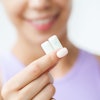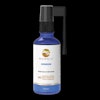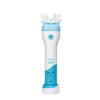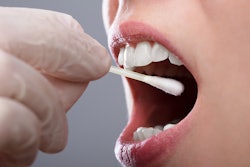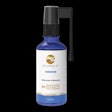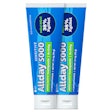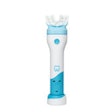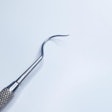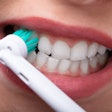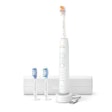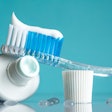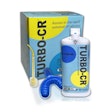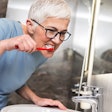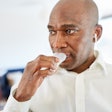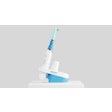A professor at the Rutgers University School of Dental Medicine has developed a toothbrush with suction designed to prevent people from swallowing toothpaste, which can damage tooth enamel and lead to other health complications, according to a university press release.
Dr. Maxine Strickland, MPH, an associate professor at Rutgers, developed the toothbrush, MaxVac, which may be particularly beneficial for children and patients with special needs who may repeatedly swallow toothpaste, according to the release dated October 18.
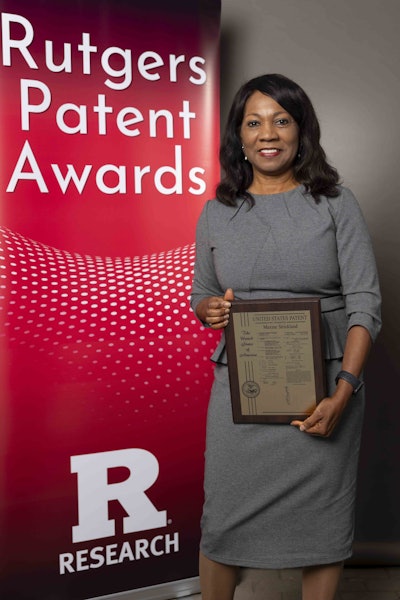 Maxine Strickland, an associate professor of diagnostic sciences, with her patent plaque at the inaugural 2024 Rutgers Innovation Awards event to celebrate Rutgers patent awardees who translate world-class research into inventions benefiting the society. Image and caption courtesy of Rutgers, The State University of New Jersey.
Maxine Strickland, an associate professor of diagnostic sciences, with her patent plaque at the inaugural 2024 Rutgers Innovation Awards event to celebrate Rutgers patent awardees who translate world-class research into inventions benefiting the society. Image and caption courtesy of Rutgers, The State University of New Jersey.
"[MaxVac] removes potentially harmful and infectious materials … and thereby can be very useful for the elderly and disabled, in nursing or hospital settings, in dental clinics, for young children, and routine home use,” officials at the Rutgers Office for Research, said in a statement.
MaxVac combines brushing and suctioning to remove liquids from the mouth. This feature is crucial for patients who might ingest harmful microorganisms during brushing, potentially causing health issues like pneumonia. The idea traces back to Strickland's career in pediatric dentistry and her work setting up a clinic for patients with disabilities, according to the release.
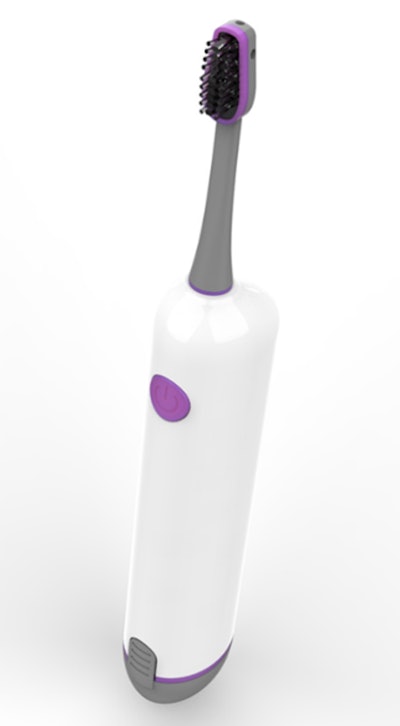 MaxVac has both brushing and suctioning capabilities, enabling the removal of liquids from the mouth.
MaxVac has both brushing and suctioning capabilities, enabling the removal of liquids from the mouth.
Strickland hopes to launch the toothbrush in 2026 with a pilot in a hospital for neurologically impaired patients followed by a collaboration with another hospital for patients with spinal cord injuries. Her long-term goal is to make MaxVac widely available.
Supported by a Rutgers TechAdvance grant and engineers, Strickland turned her concept into a handheld device. The initial version, patented in May, attaches to an existing toothbrush. A second standalone powered version funded by the U.S. National Science Foundation is pending patent approval, according to the release.
"As a dentist, it's encouraging and inspiring that this product can make a difference, and I'm hoping various populations can use it," Strickland said in the release.

